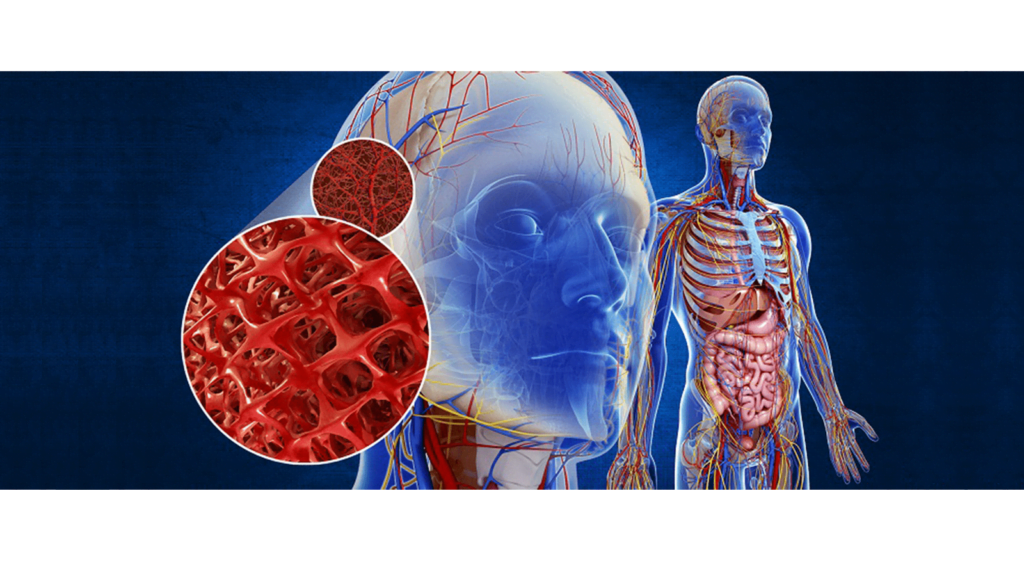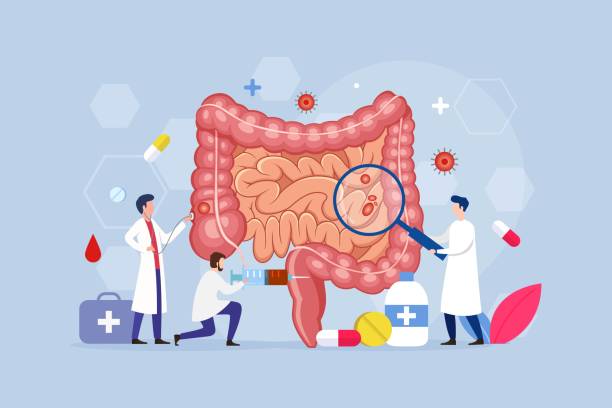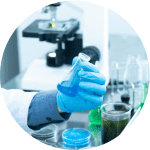B. Pharmacy 2nd Semester Handwritten Notes
HUMAN ANATOMY AND PHYSIOLOGY – 2

What It Is:
*Human Anatomy and Physiology 2 expands upon the concepts introduced in Anatomy & Physiology. It focuses on the complex workings of the body systems:
Cardiovascular: The heart, blood vessels, and blood circulation – how oxygen is delivered and waste removed.
Lymphatic/Immune: Fluid balance, waste removal, and your body’s defense against disease.
Respiratory: The lungs and airways – how you breathe and exchange oxygen and carbon dioxide.
Digestive: Organs like the stomach and intestines – how your body processes food and eliminates waste.
Urinary: Kidneys and associated structures – how blood is filtered, urine formed, and fluid balance maintained.
Reproductive: Male and female systems – the production of sex cells, hormones, and the processes of fertilization and pregnancy.
Why it Matters :
Human Anatomy & Physiology 2 is vital for anyone pursuing healthcare careers. It provides the foundation to understand:
Disease: How illnesses affect specific body systems.
Medication: How drugs interact with the body.
Patient Care: The knowledge needed to assess health and contribute to treatment plans.
PATHOPHYSIOLOGY

What It Is:
Pathophysiology examines the functional disruptions within the body that occur due to disease or injury. It’s the bridge that connects the study of disease itself (pathology) with the study of how the body normally operates (physiology).
Why It Matters:
For those in healthcare, pathophysiology offers critical insights:
Revealing Disease Mechanisms: It uncovers the “why” behind illnesses, going beyond just identifying the disease itself.
Informing Diagnosis and Treatment: This knowledge is crucial for accurate diagnosis and choosing the most effective therapies.
Enhancing Patient Care: A grasp of pathophysiology allows healthcare providers to offer better, more personalized care to their patients.
BIOCHEMISTRY

Biochemistry: The Building Blocks of Life
What it is:
Biochemistry is like studying a super complex LEGO set, but the pieces are the tiny molecules that make up living things. It’s about how those pieces fit together and work.
What It Dose:
The building blocks: Things like sugars (for energy), proteins (the workhorses of cells), fats, and DNA (our genetic code).
How things change: How food becomes fuel, how cells grow, and how our bodies get rid of what they don’t need.
Tiny helpers: Enzymes are special molecules that speed up all the important reactions happening inside us.
Why it matters:
Understanding how we work: Biochemistry helps explain how our bodies function, down to the tiniest parts.
Fighting disease: Knowing what goes wrong at the molecular level helps scientists find cures.
Cool new stuff: Biochemistry helps us create better medicines, grow crops more efficiently, and even make new types of fuel.
PHARMACEUTICAL ORGANIC CHEMISTRY 1

What It Is :
Pharmaceutical Organic Chemistry I lays the groundwork for understanding the molecular world of medicines. It’s a cornerstone course for anyone interested in the design, development, and analysis of pharmaceuticals.
What It Dose:
The Language of Organic Molecules: Delve into how atoms connect in organic compounds, the different ways to represent their structures, and how their shape influences behavior.
Meet the Chemical Families: Get to know the major groups of organic compounds (like alkanes, alcohols, etc.), their unique characteristics, and how to identify them.
Naming Compounds: Master the official system for naming organic molecules (IUPAC), allowing you to precisely communicate chemical structures.
The Logic of Reactions: Learn how organic molecules transform, the step-by-step processes involved (mechanisms), and how to predict what new molecules might form.
Shapeshifting Molecules: Explore isomerism, where compounds can have the same formula but different arrangements, leading to vastly different properties.
Why It Matters :
Drugs Under the Microscope: Most medicines are built on organic molecules. This course gives you the tools to understand their structures and potential interactions.
Building Better Medicines: Knowing how reactions work and how to manipulate molecular structures is key for pharmaceutical research and development.
Safe Medication Use: Grasping a drug’s chemical makeup helps predict how it might interact with other substances or the body itself.
COMPUTER APPLICATION

What It Is :
Computer applications are software programs that turn your computer into a powerful tool. They’re designed to help with specific tasks, unlike the basic functions your computer comes with.
Why They Matter:
Get More Done: Applications make tasks faster and easier.
Solve Problems: They help you analyze, create, and find solutions.
Connect: They offer ways to communicate and access information.
Fun & Entertainment: Games, music, and more.